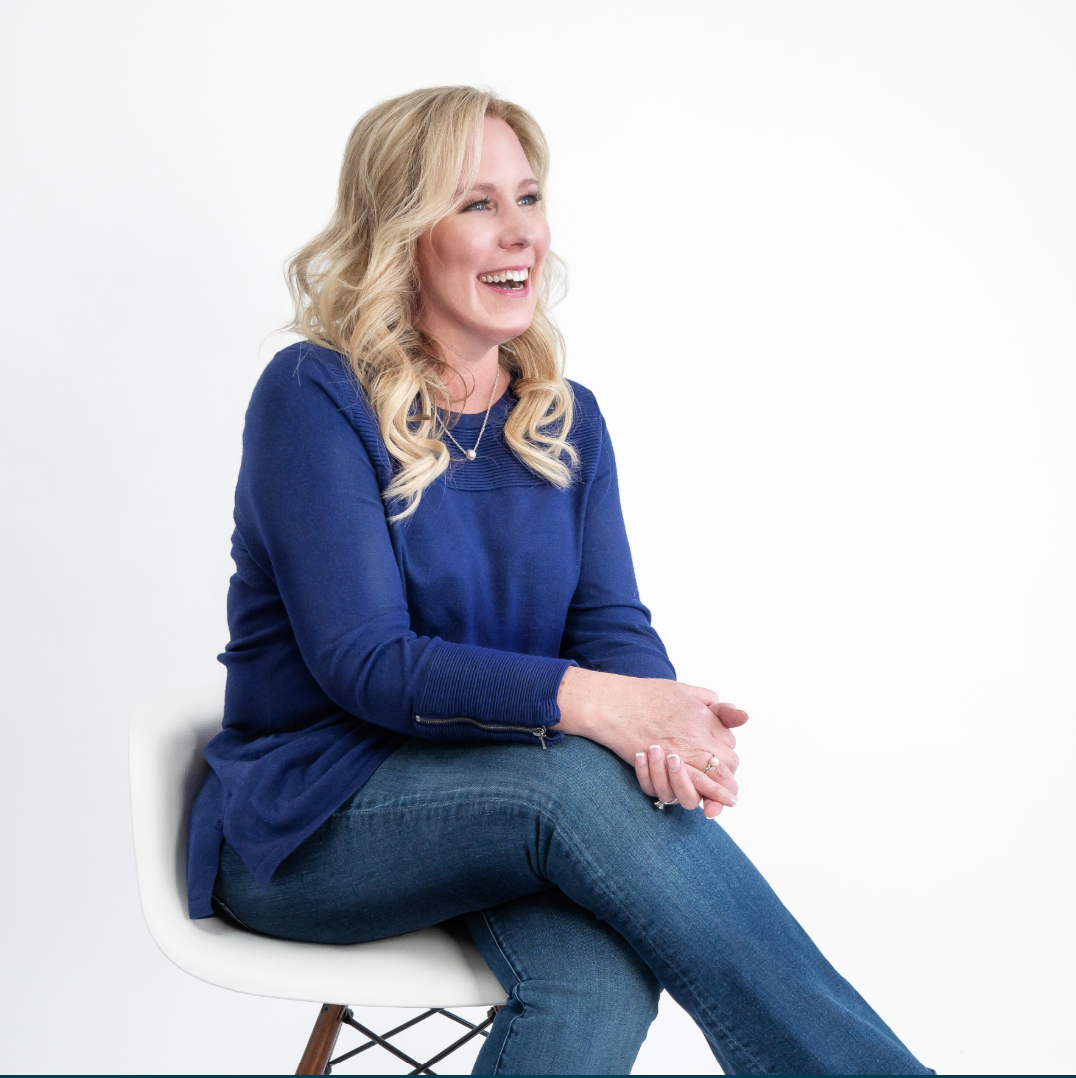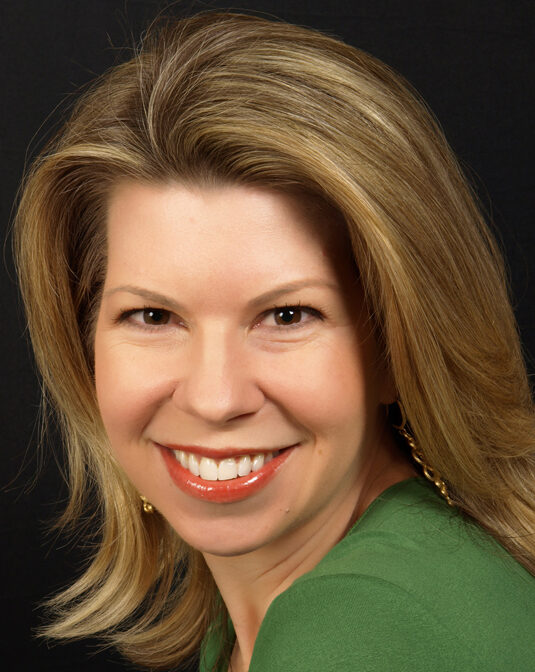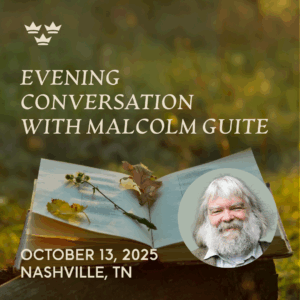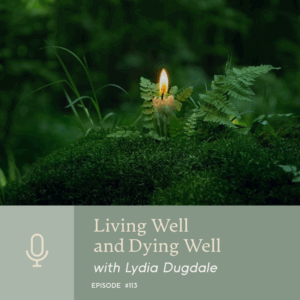Extremism & the Path Back to Peace with Elizabeth Neumann
October 11, 2024
Overview
Speakers
-
 ELIZABETH NEUMANN
ELIZABETH NEUMANN -
 CHERIE HARDER
CHERIE HARDER
SHARE

